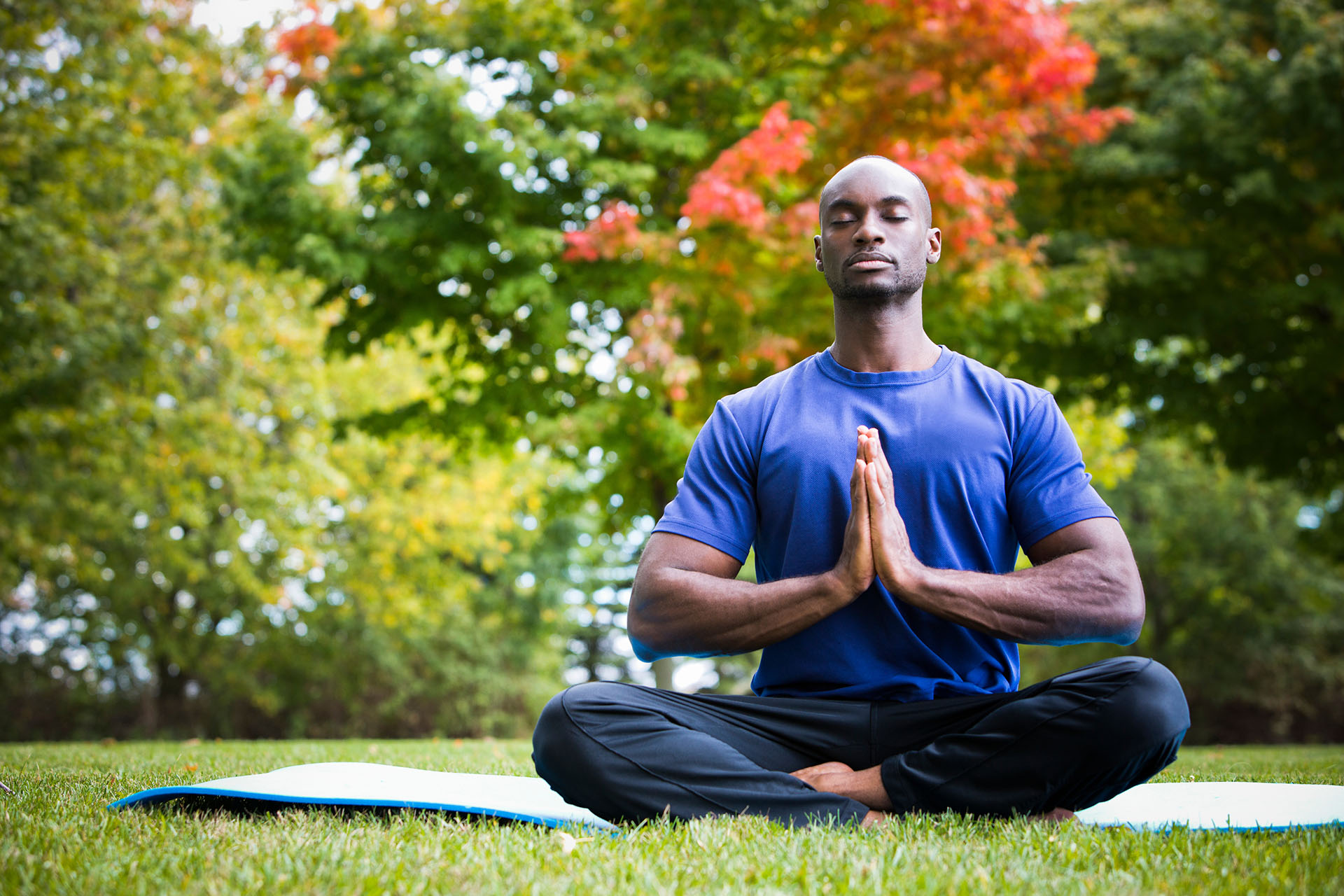Free will—our ability to decide whether to eat that piece of chocolate, or reach for that extra slice of pizza—has long been a subject of debate. For decades, neuroscientists have insisted that decision-making originates in the brain. Now, a groundbreaking study shows that you’re more likely to initiate a decision that involves free will while you are exhaling—a finding that suggests the body is far more influential in choice-making than originally thought.
At the center of the study is something called “readiness potential”: the firing of brain cells that occurs right before we become aware of our intention to act. More than 50 years ago, researchers discovered that the brain fires before we are consciously aware of the intention to do something (like reaching for pizza). Some interpreted that as evidence that brain activity, not intention, is responsible for decision-making, and that free will is a myth.
A groundbreaking study shows that you’re more likely to initiate a decision that involves free will while you are exhaling.
In recent years, however, that belief has come under fire as we’ve discovered that much of what happens in the brain begins with information that comes from the body, or interoceptive signals. Some have suggested that brain signals interpreted as readiness potential were actually just physiological “noise” coming from the body.
How Breathing Influences Choice
To shed some light on this debate, scientists at EPFL (École polytechnique fédérale de Lausanne, a Swiss research institute and university) conducted three computerized experiments.
In the first trial, 20 adults participated in a computerized test where they pressed a button on a keypad with their right index finger three times every 8-12 seconds. In the second test, a different group of people viewed a red dot going around in a circle and were asked to push a button with their right finger after the dot had gone around the circle once. In the third experiment, the same people who completed experiment 2 were asked to watch a red dot going around in a circle. This time they had to press a button as quickly as they could when a green dot randomly occurred. Participants’ brain and heart activity and respiration were measured during each of these tests, and paired with their computer test performance.
People in each of these experiments were more likely to initiate voluntary movements while exhaling, which suggests that our ability to freely make decisions may be intricately linked to what is happening in our bodies.
Results of these experiments clearly showed that breathing is directly linked to action. Specifically, people in each of these experiments were more likely to initiate voluntary movements while exhaling. This suggests that our ability to freely make decisions may be intricately linked to what is happening in our bodies, debunking the prevailing theory that neural firing is what gives rise to conscious awareness and free will.
Just one more reason to pause and take a breath the next time you feel compelled to reach for that chocolate bar.
Read More
New Research on Mindfulness Meditation: Summer 2020
A roundup of new mindfulness research on improving stress resilience, taking your practice outdoors, and lessening cognitive decline.
Read More
How to Fight Stress with Intentional Breathing
This simple yet effective form of deep breathing defuses the stress feedback loop and teaches your brain and body to relax.
Read More









